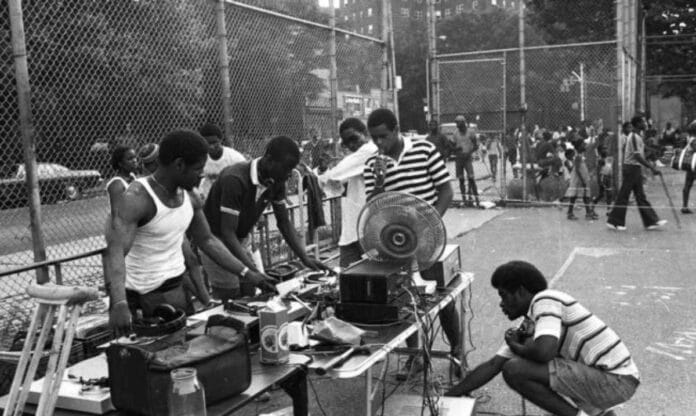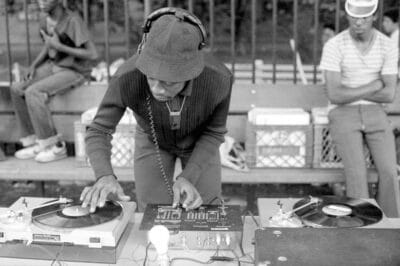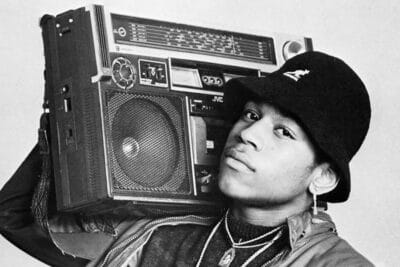
Hip-hop is not merely a genre of music; it is a cultural phenomenon that has captivated the world.
Originating in the South Bronx during the 1970s, hip-hop has grown into a global movement, shaping music, fashion, art, and social activism. In this article, we embark on a journey to uncover the origins of hip-hop, explore its evolution, and delve into its profound cultural impact on society.
The Birth of Hip-Hop in the Bronx:
The Bronx in the 1970s was a hotbed of creativity and expression, fueled by the social and economic challenges of the time. Block parties, hosted by DJs such as Kool Herc, became the birthplace of hip-hop. These parties brought together people from diverse backgrounds, with DJs using their turntables to mix and extend instrumental breaks, creating a new sound and energy that would define hip-hop.
Pioneers and Influencers:
Hip-hop pioneers like Grandmaster Flash, Afrika Bambaataa, and The Sugarhill Gang emerged during the early years, shaping the direction of the genre. Grandmaster Flash’s innovative DJ techniques, Afrika Bambaataa’s fusion of musical styles, and The Sugarhill Gang’s groundbreaking hit “Rapper’s Delight” introduced the world to the power of hip-hop.
The Four Pillars of Hip-Hop:
Hip-hop culture encompasses four pillars: DJing, MCing (rapping), graffiti art, and breakdancing. DJing, with its innovative techniques and skills, forms the backbone of hip-hop. MCing, or rapping, allows artists to deliver their messages and stories through rhythm and wordplay. Graffiti art became a visual expression of the culture, adorning the streets with colorful and vibrant creations. Breakdancing, with its acrobatic moves and creativity, became a dance form that defined hip-hop’s energetic spirit.
Evolution and Mainstream Success:
Hip-hop’s evolution from its grassroots origins to mainstream success was marked by significant milestones. Artists like Run-D.M.C., Public Enemy, and N.W.A pushed boundaries, addressing social issues and amplifying marginalized voices. The 1990s saw the emergence of East Coast and West Coast rap rivalries, leading to iconic albums like Nas’s “Illmatic” and Dr. Dre’s “The Chronic.” The late 1990s and 2000s brought a shift in hip-hop’s sound and culture, with artists like Jay-Z, Eminem, and Kanye West reshaping the genre and expanding its reach.
Social and Political Impact:
Hip-hop has been a powerful vehicle for social commentary and activism. Artists like Tupac Shakur, N.W.A, and Kendrick Lamar have used their music to shed light on issues such as police brutality, systemic racism, poverty, and inequality. Through their lyrics, hip-hop artists have sparked conversations, challenged the status quo, and become the voice of disenfranchised communities.
Global Influence:
Hip-hop’s impact extends far beyond the United States. From the UK’s grime scene to French rap and South African hip-hop, artists from around the world have embraced the genre, infusing it with their own cultural identities and languages. Hip-hop has become a universal language of expression, connecting people across borders and bridging cultural divides.
Conclusion:
Hip-hop has transcended its humble beginnings and become a cultural force that resonates worldwide. By tracing its origins, understanding its pioneers, and acknowledging its cultural impact, we gain a deeper appreciation for the genre’s significance. Hip-hop’s ability to inspire, empower, and unite people from diverse backgrounds demonstrates its enduring power as a musical and cultural movement.














